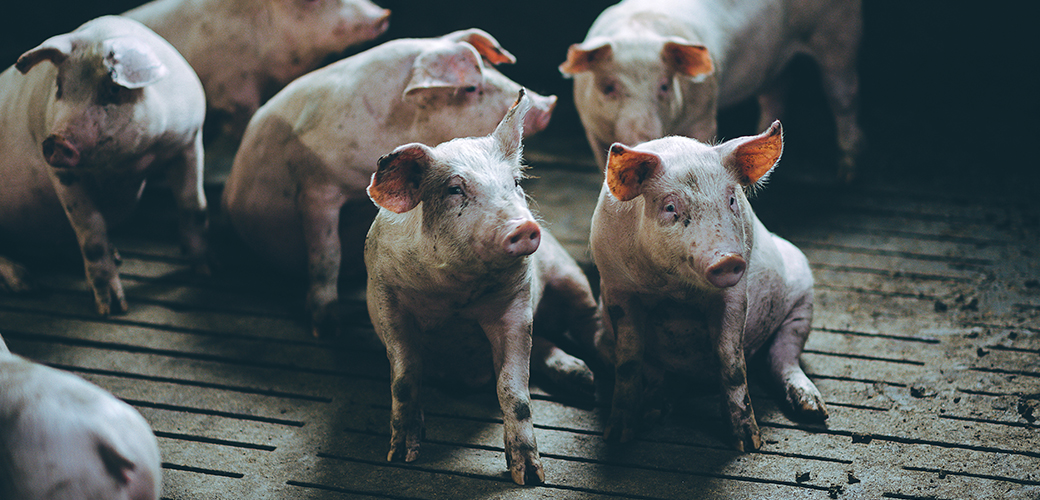


A new article authored by ASPCA researchers in the journal, Food Ethics, demonstrates that the overwhelming majority of grocery shoppers desire more humanely-raised meat, eggs and dairy products. The study shows that consumers are willing to pay more for these groceries, but because food labels are not properly regulated, these items may still be from animals who suffered on factory farms.
Deceptive food claims are so common that there is a term for food labels that overstate higher-welfare farming practices: humanewashing, and many people aren’t aware that some companies are taking advantage of good intentions.
The article describes an ASPCA study, which found that 86% of grocery shoppers surveyed reported purchasing at least one product with the following labels in the last year: “cage or crate-free,” “free-range,” “pasture-raised,” “natural,” “organic,” “no hormone,” “no antibiotic,” “no rBST,” “humane,” “vegetarian-fed,” “grass-fed” or “farm-raised.”
Of those who purchased a product with one of these labels, 89% did so because they believed the label indicated that their grocery item was produced with higher-welfare standards, and 79% knowingly paid more for the product because they believed the label to be true.
As the ASPCA Label Guide reveals many of the welfare claims marketed on meat, dairy and egg products either don’t have a set legal definition, so conditions vary enormously between farms, or the label doesn’t actually influence an animals’ living conditions. For example, “cage-free” on egg cartons is meaningful because birds are free from the extreme confinement of battery cages, however “cage-free” on chicken or turkey packaging is meaningless because meat-type birds are raised in giant, crowded warehouses—not in cages. Furthermore, the term “natural” has no definition and does not impact animal welfare at all. “Humane” and “humanely-raised” are not regulated, defined terms, unless paired with a strong independent welfare certification.
Learn More With Our Label Guide
At a time when food costs are soaring, it is unacceptable that dedicated, compassionate consumers are spending more on items from companies that misleadingly market themselves as humane when they are using standard, cruel practices. Our government must regulate these claims so consumers and retailers are not confused, and the market can better align with the public’s desire for a more humane and fair food system.
Luckily, the ASPCA and coalition partners are working to resolve this problem and recently secured a commitment from the U.S. Department of Agriculture (USDA) to revisit label preapproval guidelines. In another exciting victory, the U.S. House of Representatives just advanced the Agriculture Appropriations report for Fiscal Year 2023, which acknowledges how confusing many of these animal-raising claims are for the average consumer, and it urges the USDA to study and address this problem to promote fairness for our nation’s farmers and ranchers.
Let’s work together to create a more humane food system for consumers and animals alike. Please read our Label Guide and join our Factory Farming Task Force!
Source: Read Full Article